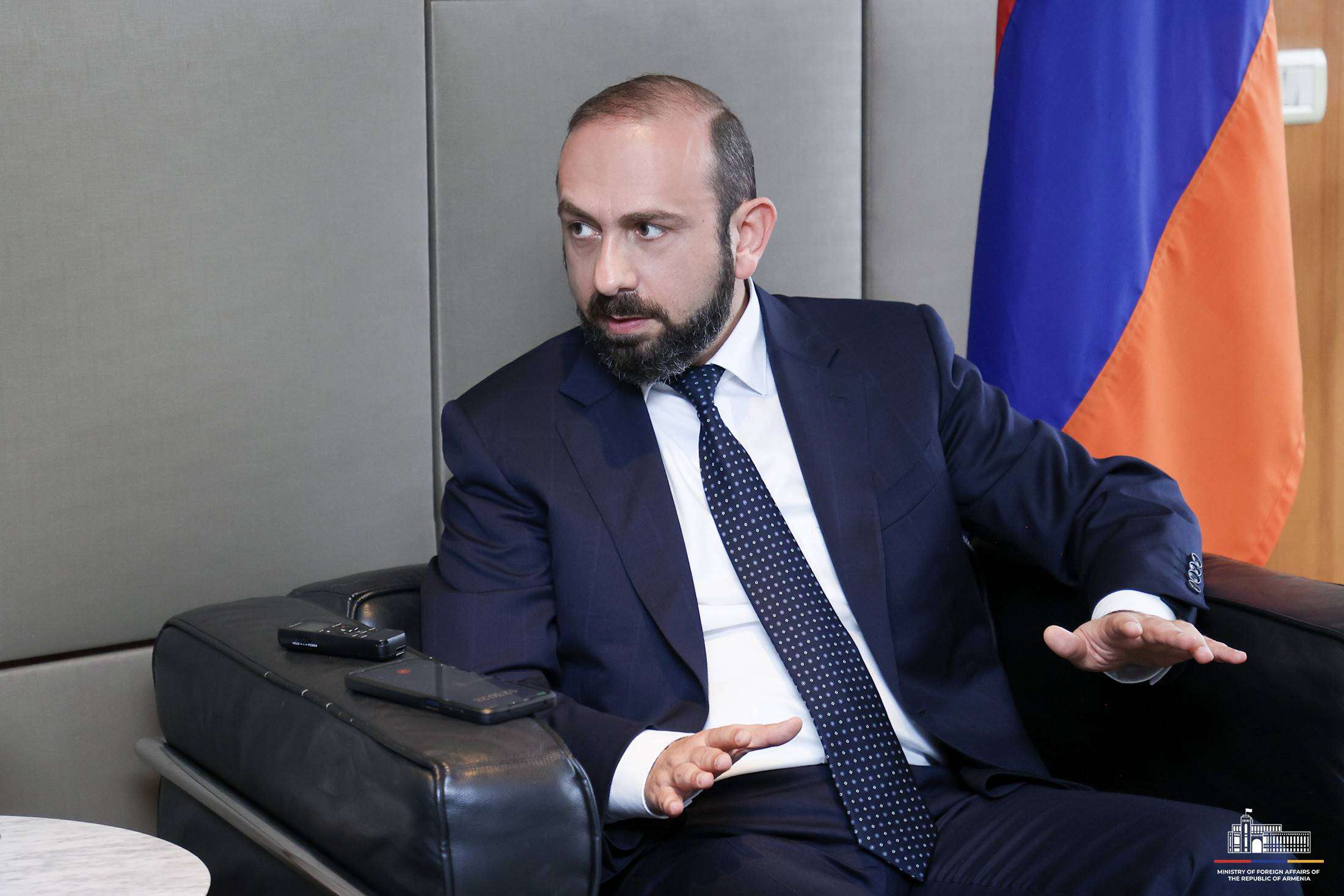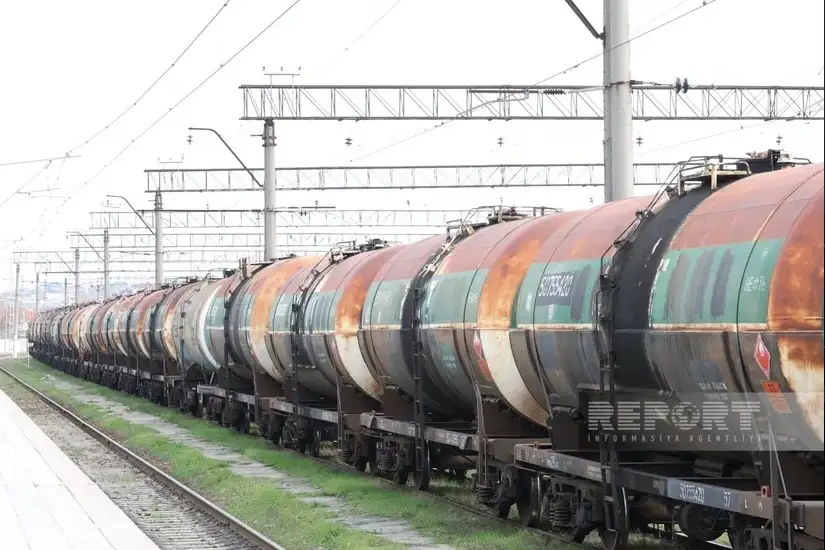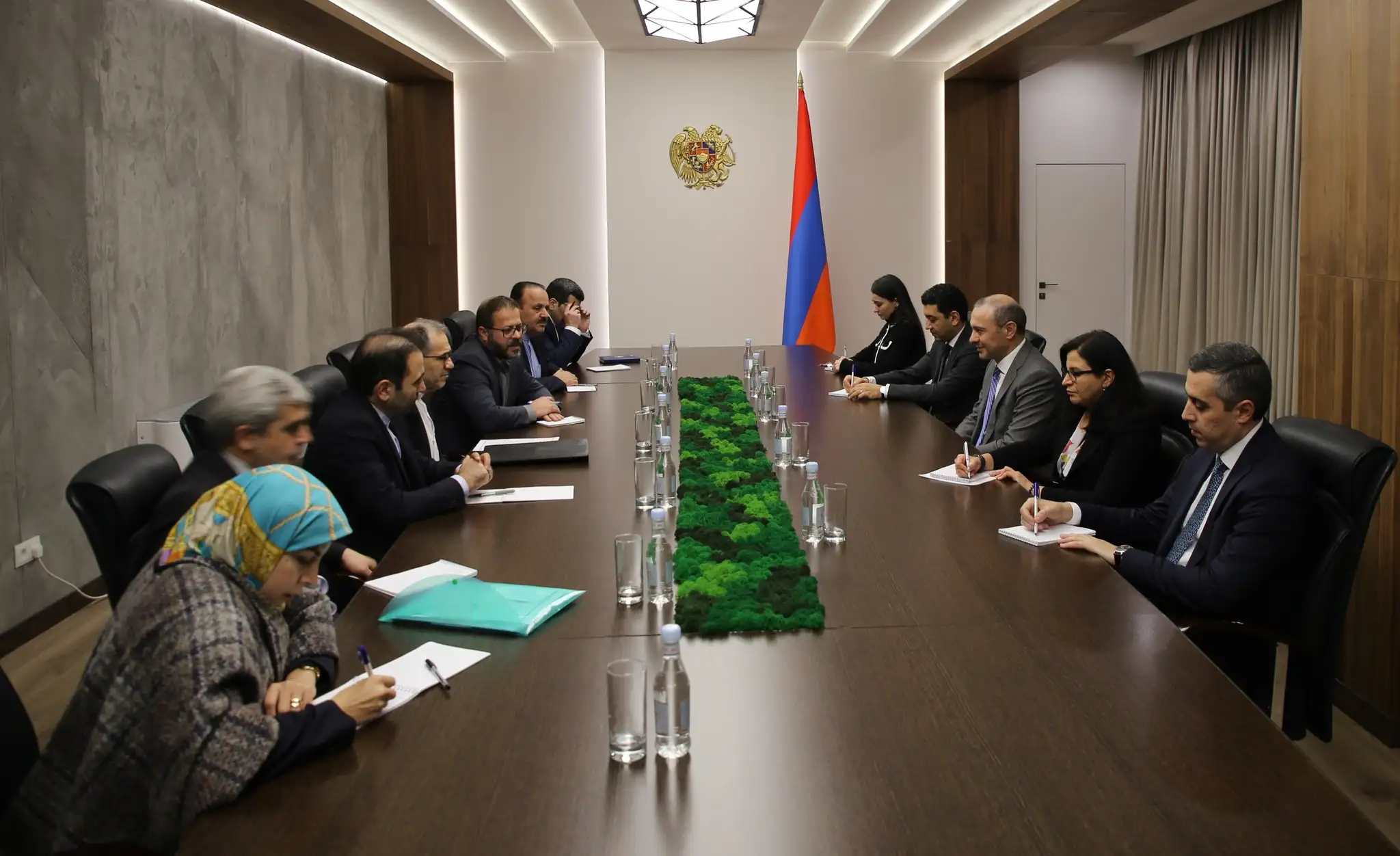An interview with Armenian Foreign Minister Ararat Mirzoyan to one of the leading daily newspapers published in the capital, Correio Braziliense, which Minister Mirzoyan gave during his official visit to Brazil, has been published.
Question: What are the terms of the peace agreement with Azerbaijan? When will it be implemented?
Ararat Mirzoyan: The "peace agreement" sounds very good, but we have only finalized the draft agreement. It includes a preamble and 17 articles, and after lengthy negotiations, we agreed on the text. We immediately publicly announced Armenia's readiness to begin consultations with our Azerbaijani partners to determine the place and date of signing the peace agreement. Unfortunately, we hear from the Azerbaijani side: "We agree with the text, but it is not enough for a peace agreement. It is also necessary to discuss several preconditions at the negotiating table to make the signing of the peace agreement possible." These preconditions include amendments to the Armenian Constitution and restrictions on supplying ammunition and weapons to the Republic of Armenia. Interestingly, in parallel with the negotiations on the peace agreement, we have also presented other proposals to Azerbaijan, which will be mutually beneficial.
Question: What kind of proposals?
Ararat Mirzoyan: "For example, we have proposed to create a bilateral mechanism for the control and verification of weapons. There has been no positive response from Azerbaijan. Last week, they made false accusations that the Armenian armed forces have committed ceasefire violations in the border zone. Meanwhile, for example, the European Union Monitoring Mission, which monitors the situation along the border, has not recorded any violations by Armenia. We appealed to Azerbaijan, demanding any evidence or data, if they had any, on violations by our soldiers so that we could investigate them.
Our other proposal was to create a bilateral verification mechanism for border incidents.
Moreover, if a peace agreement is signed and we establish relations with Azerbaijan, that will not be enough. There may be other mutually beneficial programs for both countries. We have also proposed open communication, transport, and infrastructure links. Azerbaijan needs to use our railways to connect the two parts of their country. However, they can also use the railway infrastructure of the Republic of Armenia to connect to Turkey, the Mediterranean Sea, etc. We can get mutual access to Azerbaijan's railway infrastructure based on our initial exchange of proposals and ideas. However, again, we did not receive a positive response.
Yes, we have agreed on the draft agreement, but Azerbaijan is coming up with preconditions. It does not respond positively to our other proposals that could bring real and lasting peace to the South Caucasus.
Question: So, is the peace agreement in danger?
Ararat Mirzoyan: "I can assure the whole world and Azerbaijan that Armenia is fully committed to the peace agenda. We have no intention, reason, or motivation to start a new war or escalate the situation. There is positive news - the end of the negotiations and the readiness of the draft peace treaty. However, there is also worrying news - yes, peace, based on everything we hear from the Azerbaijani side, may be jeopardized because of Azerbaijan."
Question: Are there prospects for normalizing relations between Armenia and Turkey?
Ararat Mirzoyan: "We have a very constructive dialogue with Turkey. Within the framework of this dialogue, neither the Armenian nor the Turkish side has presented any preconditions. We have publicly stated that the primary goal of establishing diplomatic relations is opening the borders between Armenia and Turkey. That border was closed by the Turkish side 34 years ago.
We have made some progress. In particular, the ban on air cargo transportation has been lifted, direct flights have been implemented, and several other confidence-building measures have been taken. We have agreed that the first phase could open the border to third-country nationals and Armenian and Turkish citizens holding diplomatic passports. However, this agreement has not yet been implemented.
We hear from our Turkish partners that they are showing restraint in fully opening the border with Armenia until the final normalization of relations between Armenia and Azerbaijan. Although there is no formal precondition, Turkey links ties with Armenia to normalizing relations with Azerbaijan. However, if the border between Armenia and Turkey were opened first, it could positively impact ties between Armenia and Azerbaijan.
Among the concrete agreements reached with Turkey, we have started infrastructure work on the border on a bilateral basis. Armenian and Turkish experts are already studying the condition of the Gyumri-Kars railway. These processes are already underway.
We are also convinced that sustainable peace in the South Caucasus depends on humanitarian issues, including the discovery of the fate of missing persons and victims of enforced disappearances. At the same time, there are still Armenian captives in Baku who are going through staged judicial processes. We believe that their immediate release can contribute to the establishment of sustainable peace between the Armenian and Azerbaijani peoples."
Question: How do you assess your visit to Brazil?
Ararat Mirzoyan: "I consider this visit very important. As you mentioned, it has been long since we last had a high-level visit. A new stage in deepening relations between Armenia and Brazil began last year. After a long break, we resumed political consultations between the Ministries of Foreign Affairs. The second round of consultations will occur at the year's end, and Brazilian diplomats will visit Yerevan. Minister Mauro Vieira has an invitation to visit my country.
We discussed many opportunities in Brazil. Our political dialogue has intensified and will maintain its dynamics. We cooperate very effectively on international platforms, mutually supporting the nomination of candidates for various international organizations. We share the same concerns about the ineffective functioning of the global system, especially in the areas of prevention and early warning of serious violations of human rights and mass crimes.
There is growth in the economy and our bilateral trade. At the same time, we realize that there is still great potential. We reached an agreement to activate business ties between the two sides. We discussed the possibilities of cooperation between Armenian and Brazilian companies. We identified areas where we can strengthen ties and make them mutually beneficial, especially in the fields of high and information technologies. There is great potential, and we have a clear vision of the steps necessary for the rapprochement of our countries."
Question: What are the import and export indicators between Armenia and Brazil?
Ararat Mirzoyan: "In fact, we mainly import from Brazil. You are the exporter, and this accounts for more than 90% of the goods. So, the trade balance is quite disproportionate. As you can imagine, it includes coffee, sugar, cigarettes, and other goods. However, we are very optimistic about the prospects for developing relations between Armenia and Brazil."
Question: What are the prospects for President Lula's visit to Armenia?
Ararat Mirzoyan: "We consider President Lula's visit a great honor. There is an invitation from the Armenian side, and now the Brazilian side can indicate the specific dates of the visit. Such a visit would be a great honor, especially given that Brazil will host the COP-30 Climate Change Summit, and Armenia, by a pleasant coincidence, will be the host country of the COP-17 Biodiversity Conference. In this context, there is a serious potential for high-level visits between Armenia and Brazil. We are waiting for President Lula's visit, and we are sure that the President of Armenia will also be happy to pay for a return visit to Brazil."
Question: What are your expectations from cooperation with the United States under the Trump administration? How can it support this peace process?
Ararat Mirzoyan: "A few months ago, we signed an essential document with the United States, the Charter of Strategic Partnership. It raises the level of our relations with the United States. We are moving forward in cooperation with the new American administration. We have already had several meetings and contacts with our American partners. We see an interest in ensuring peace in the South Caucasus. "President Trump and his team have talked about peace in the world. As we are deeply interested in peace, that is inspiring. We are in contact with the US administration to understand what can be done to establish lasting peace in the South Caucasus."




















